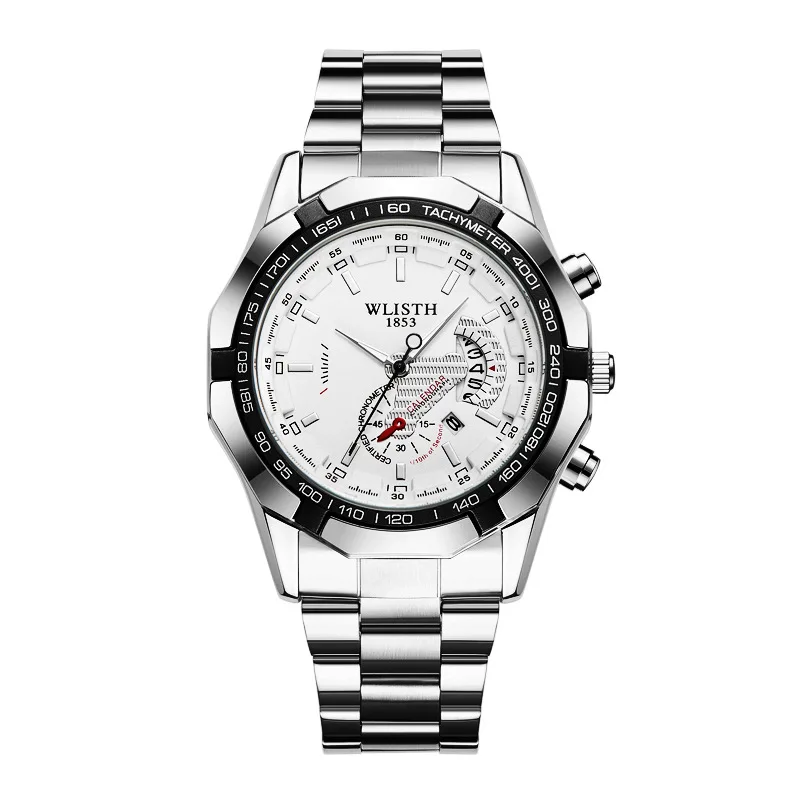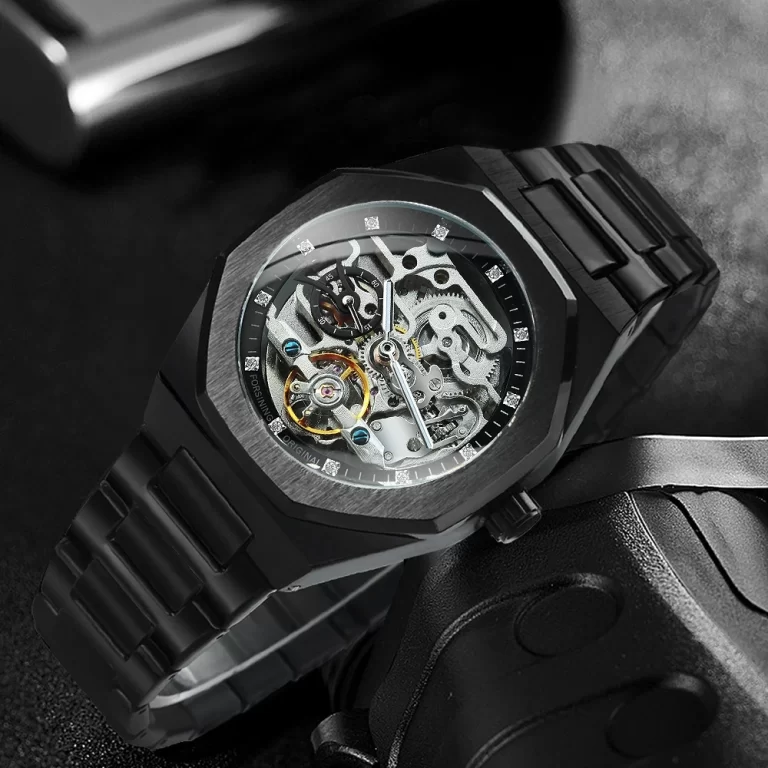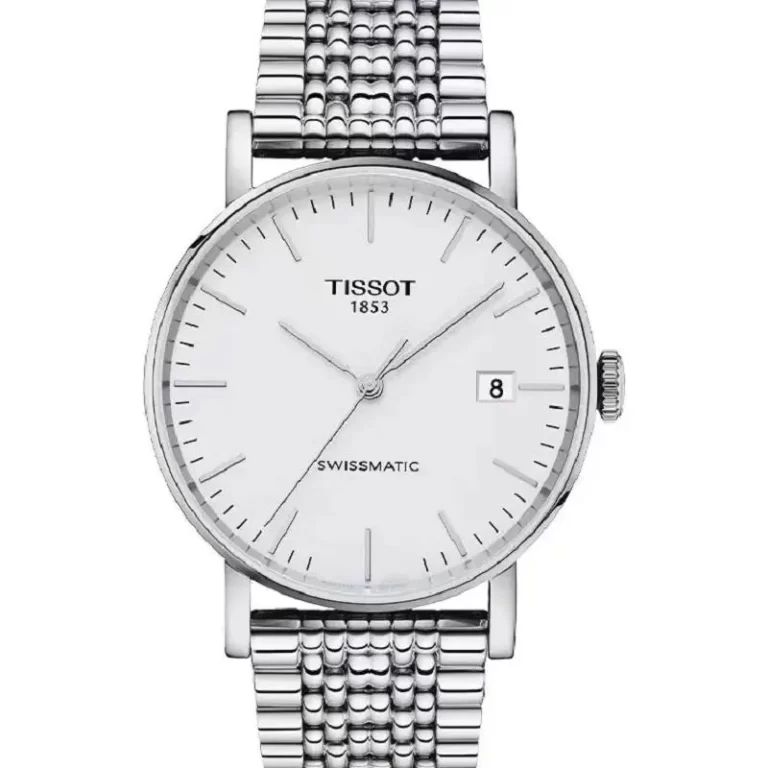Introduction
The watch world offers a fascinating array of options, with two dominant types leading the charge: automatic vs quartz watch. Each type has its unique attributes and appeals to different watch enthusiasts. This article aims to delve deep into the differences, advantages, and disadvantages of both automatic and quartz watches. Our exploration will cover their mechanics, performance, maintenance, and the appeal each type holds for collectors and everyday wearers alike.
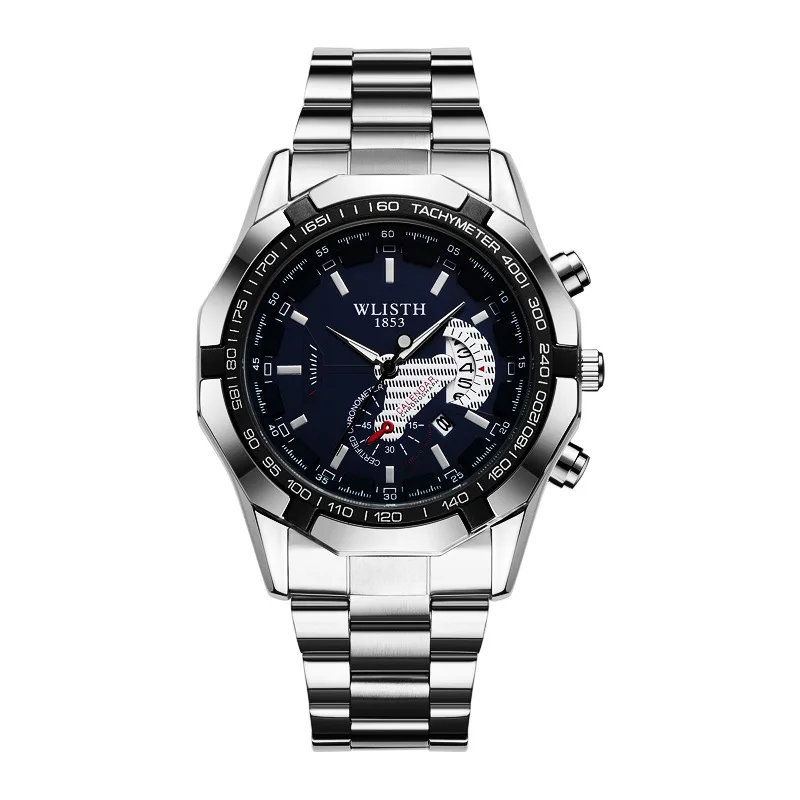
Understanding Watch Movements
What is an Automatic Watch?
Automatic watches, sometimes referred to as self-winding watches, boast a complex and richly detailed movement that relies on mechanical energy. These timepieces operate using a movement called a rotor, which captures kinetic energy generated by the wearer’s wrist. This energy powers the watch, making the automatic movement elegant and efficient. As long as the watch is worn regularly, it continues to function without any need for batteries or external power sources.
The rotor is a semi-circular piece of metal that moves as the wrist moves. When the wearer turns their wrist, the rotor spins and transfers energy to a mainspring, which stores this energy. The mainspring slowly releases this energy, driving the gears and pushing the hands of the watch forward. This intricate design combines craftsmanship and engineering. The watchmakers often display these mechanics through transparent case backs, allowing enthusiasts to admire the moving parts.
What is a Quartz Watch?
In contrast to automatic watches, quartz watches operate on a much simpler, yet remarkably effective, principle. The quartz movement uses a battery to send an electric current through a small piece of quartz crystal. This current causes the quartz to vibrate at a specific frequency. The watch uses these vibrations to maintain accurate time. Most quartz watches are known for their simplicity and reliability.
Quartz technology emerged in the late 20th century and revolutionized the watch industry. The accuracy of quartz watches typically surpasses that of mechanical counterparts. These watches can often gain or lose only a few seconds per month, thanks to the stable vibrations of the quartz crystal. This precision has made quartz watches the go-to choice for many practical users.
Performance and Accuracy
The Precision of Quartz Watches
When it comes to performance, quartz watches generally take the lead due to their unparalleled accuracy. A typical quartz watch can maintain an accuracy rating of about ±15 to ±30 seconds per month. This reliability is one of the strongest selling points for quartz timepieces. Users can trust them to keep accurate time effortlessly. This precision makes quartz watches ideal for users who have busy schedules or rely on punctuality in their professions.
Furthermore, quartz watches require minimal maintenance. Users only need to change the battery every few years, which is a straightforward process. Many quartz watches also come equipped with additional features, such as timers and alarms. These functionalities are often easy to use and enhance the overall utility of the watch.
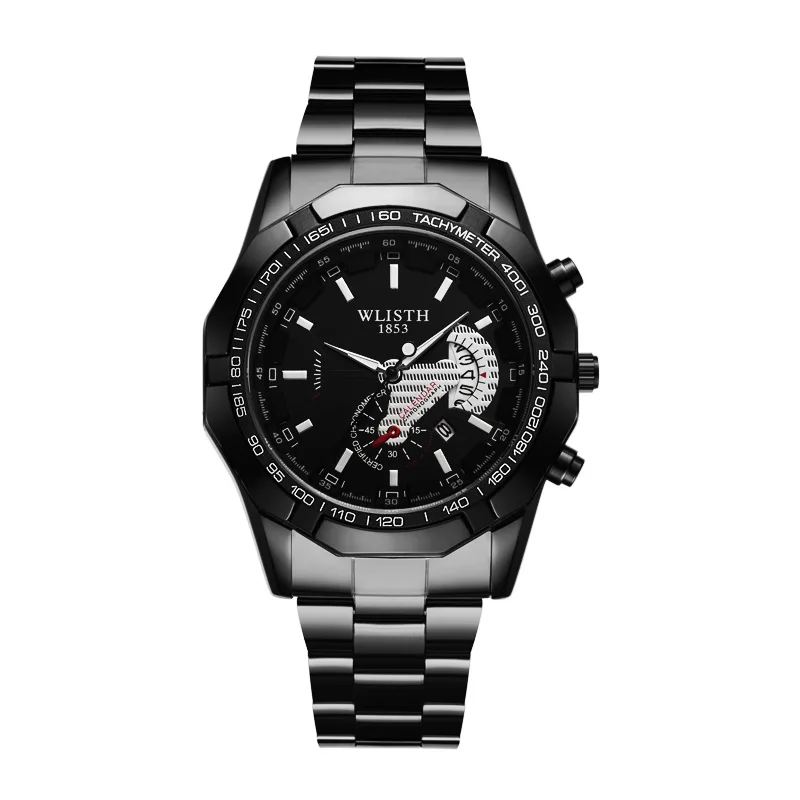
The Charm of Automatic Watches
While quartz watches excel in accuracy, automatic watches possess a charm that comes from their mechanical nature. Many enthusiasts appreciate the craftsmanship and artistry involved in creating an automatic timepiece. These watches often tell a story, showcasing the skill and dedication of the watchmakers.
Automatic watches, however, do not match quartz for accuracy. They may lose or gain a few seconds each day, depending on various factors like the watch’s quality and how often it is worn. Some high-end automatic watches can boast impressive precision, but they rarely reach quartz’s level. This trade-off can deter some users, especially those who prioritize accuracy above all else.
Despite this, many fans of automatic watches find joy in the imperfect nature of these timepieces. The slight variations in timekeeping can add character and a sense of human touch to the experience of owning and wearing the watch. For many, the art of rotating the wrist to keep the watch wound becomes a cherished ritual. This unique charm is something quartz watches cannot replicate.
Maintenance Considerations
The Care of Automatic Watches
Owning an automatic watch requires a different approach to maintenance compared to quartz watches. While they do not require batteries, they do need regular care. Automatic movements can be delicate due to their intricate parts. Over time, they may need servicing to ensure they continue to function efficiently.
A common recommendation is to have an automatic watch serviced every three to five years. This service often includes cleaning, oiling, and checking the movement’s accuracy. Users who wear their automatic watches regularly may find them performing well without much effort. However, if an automatic watch is not worn for an extended period, it may need manual winding to keep the movement engaged.
For collectors and enthusiasts, maintaining the value and performance of an automatic watch can be rewarding. There’s a sense of pride in caring for a mechanical timepiece and preserving its functionality. This maintenance effort can be a fulfilling experience for those who appreciate the nuances of watch mechanics.
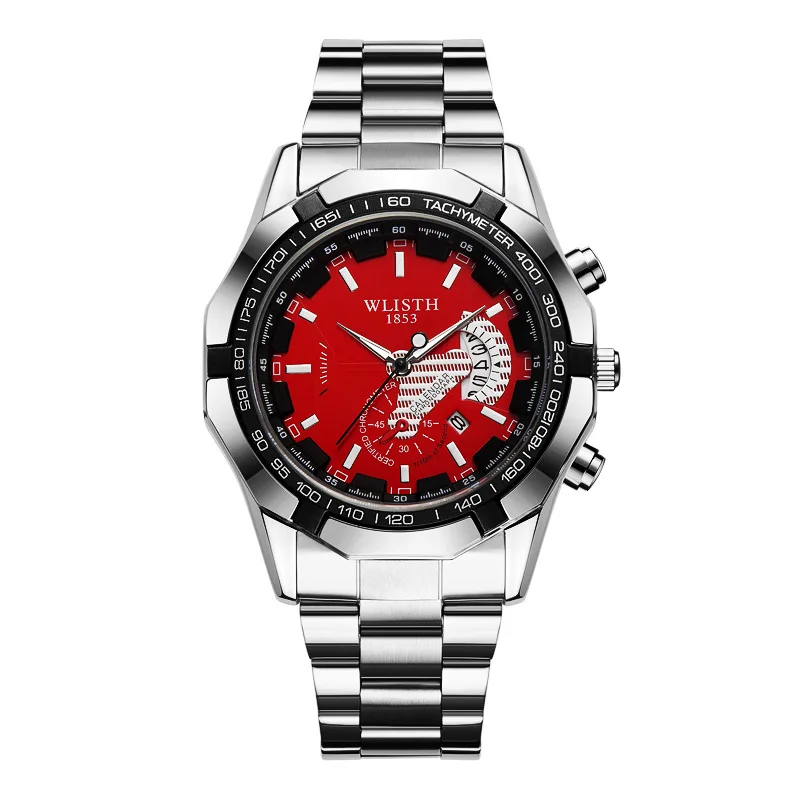
The Simplicity of Quartz Maintenance
In contrast, quartz watches have much lower maintenance needs. Because they rely on a battery, users primarily need to manage this component. A battery can last anywhere from one to five years, depending on the watch’s features and usage. When the battery runs low, a simple replacement is usually all that is required to bring the watch back to life.
Since quartz watches are typically less complex, they require less specialized care. Users can often find local watch repair shops or even do the battery replacement themselves. This ease of maintenance is a significant advantage, especially for those who may not be as interested in the mechanical intricacies of automatic watches.
The battery replacement also opens up more options for quartz users seeking to personalize their watches. They can easily switch between different styles and colors without worrying about complicated servicing processes. This accessibility can appeal to everyday wearers who appreciate variety and functionality in their timepieces.
Price and Value
The Cost of Automatic Watches
When exploring the price of watches, one must consider the initial investment and the eventual resale value. Automatic watches often command higher prices due to their intricate mechanical movements and craftsmanship. Many well-known luxury brands produce automatic timepieces that can reach staggering prices, sometimes even in the tens of thousands of dollars.
As a general rule, the more complex the movement and the more prestigious the brand, the higher the price. Factors like materials, brand reputation, and limited editions can drive prices further. For many brands, the story behind the watch enhances its desirability. This story often includes the brand’s heritage, craftsmanship, and technological advancements.
However, owning an automatic watch can be seen as an investment. Many enthusiasts view their automatic watches as assets that can appreciate over time. Some models have become highly sought after in the collector’s market, which can provide potential resale value down the road. This long-term perspective can make the higher initial cost feel justified for collectors and aficionados alike.
The Affordability of Quartz Watches
In comparison, quartz watches tend to be more affordable. They cater to a broader market with various price points. You can find quartz watches in stores for as little as $10, while high-end models may reach a few thousand dollars. This wide range appeals to casual users and those looking for functional timepieces without breaking the bank.
Quartz watches might lack the intricate craftsmanship of automatic counterparts, yet they provide excellent value for everyday wearers. You can find models with attractive designs and features at lower price points without sacrificing quality. Many reputable brands produce durable quartz models, ensuring they can withstand daily wear and tear.
When considering price, the affordability of quartz watches makes them attractive for people on a budget or those who want a reliable timepiece without a hefty investment. For many, the financial aspect plays a crucial role in their decision-making process.
Aesthetic Appeal
The Visual Allure of Automatic Watches
One cannot overlook the visual appeal of automatic watches. Often, these timepieces come with beautifully crafted dials, luxurious materials, and intricate details. The craftsmanship itself becomes part of the watch’s allure. Enthusiasts appreciate the transparent case back that allows them to admire the intricate movement gears, balance wheels, and other components.
Automatic watches typically boast a range of high-end materials, from stainless steel to gold, and even exotic ones like ceramic and titanium. The diversity in design caters to different tastes, whether classic, modern, or sporty. Many brands place emphasis on aesthetic balance and harmony, giving each watch a unique personality.
Collectors often find joy in the subtle nuances that distinguish one automatic watch from another. The presence of unique finishing techniques, engraving, and personalized features can turn an automatic watch into a statement piece. This level of design detail captures the imagination of watch lovers and solidifies their appeal beyond mere function.
The Practicality of Quartz Watches
On the other hand, quartz watches offer a different kind of aesthetic appeal. While they may not have the same level of intricate craftsmanship, many quartz models feature sleek designs that appeal to a modern audience. These watches often showcase bold, clean lines and functionality.
Quartz watch designs can be more diverse than automatic designs, as they can cater to several styles and preferences. From casual watches to high-end fashion pieces, there is a quartz watch for almost every occasion. Many brands invest in creating stylish, trendy options that resonate well with younger consumers or those who prioritize fashion and functionality.
The practical aspect of quartz watches also plays into their appeal. Users often favor lightweight designs and comfortable wearability. Many quartz watches feature durable materials that can handle everyday activities without showing wear and tear. Their simplicity and versatility often make them a popular choice for daily or sport use.
The Community of Watch Enthusiasts
Joining the Automatic Watch Community
The world of automatic watches is filled with passionate enthusiasts who share a love for horology. Communities abound, whether online forums, social media groups, or local meetups. Many collectors enjoy discussing the craftsmanship, technology, and history behind their favorite automatic models. These connections can lead to friendships and insightful exchanges.
Owning an automatic watch often opens the door to gathering knowledge about watchmaking and restoration. Many enthusiasts take pride in learning about the intricacies of automatic movements and even attempt to repair or service their own watches. This hands-on approach enhances the appreciation for automatic watches and fosters a sense of accomplishment.
Collectors often participate in events and exhibitions, where they can showcase their collections and exchange stories. These gatherings provide a chance to see rare or unique pieces and discuss shared interests. The camaraderie among automatic watch enthusiasts creates a vibrant and engaging atmosphere, making it an enriching experience.
The Quartz Watch Movement
While quartz watches may not have the same niche status as automatic watches, they still have their loyal followers. Many appreciate the practicality, affordability, and variety offered by quartz timepieces. The quartz watch community thrives on discussions about design trends, technology advancements, and the latest models.
Quartz enthusiasts often engage in conversations about functionality and innovations, particularly in smartwatches. Many quartz models now incorporate features like fitness tracking, notifications, and other tech-savvy options. This fusion of traditional style with modern technology resonates with a broader audience.
The quartz watch community may not delve as deeply into horological history, but it thrives on accessibility and enjoyment. Owners often share their favorite styles and recommend models to friends. The quartz movement continues to evolve and adapt, maintaining a strong presence in the wristwatch market.
Conclusion: Making Your Choice
Choosing between an automatic and a quartz watch ultimately comes down to personal preference and lifestyle. Automatic watches captivate with their craftsmanship, insist on a connection to watchmaking history, and appeal to collectors who appreciate the little details. They invite care and consideration, ultimately forming a bond between the wearer and the timepiece.
Conversely, quartz watches offer unparalleled accuracy, reliability, and affordability. They stand as practical choices for everyday use, catering to a wide range of styles and functionalities. For those who prioritize convenience and functionality, quartz watches are an excellent option.
In the end, both automatic and quartz watches have their merits. Each type fills a specific niche in the watch world, attracting different kinds of enthusiasts. Whether one favors the romance of mechanical design or the precision of quartz technology, the diversity of the watch market ensures that there’s a timepiece to suit every preference. Understanding their differences not only helps clarify individual needs but also deepens one’s appreciation for the art and science of watchmaking.
